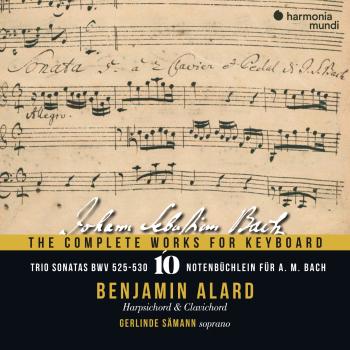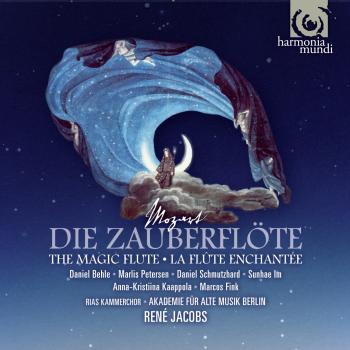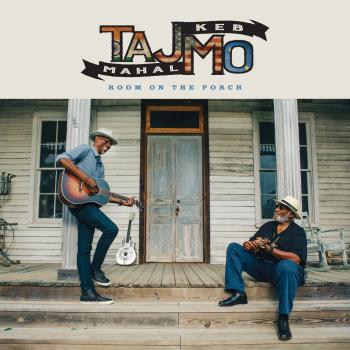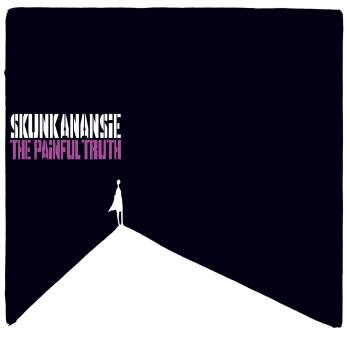
Celia & Johnny (Remastered 2024) Celia Cruz & Johnny Pacheco
Album Info
Album Veröffentlichung:
2023
HRA-Veröffentlichung:
11.10.2024
Das Album enthält Albumcover
Entschuldigen Sie bitte!
Sehr geehrter HIGHRESAUDIO Besucher,
leider kann das Album zurzeit aufgrund von Länder- und Lizenzbeschränkungen nicht gekauft werden oder uns liegt der offizielle Veröffentlichungstermin für Ihr Land noch nicht vor. Wir aktualisieren unsere Veröffentlichungstermine ein- bis zweimal die Woche. Bitte schauen Sie ab und zu mal wieder rein.
Wir empfehlen Ihnen das Album auf Ihre Merkliste zu setzen.
Wir bedanken uns für Ihr Verständnis und Ihre Geduld.
Ihr, HIGHRESAUDIO
- 1 Quimbara (Remastered 2024) 04:51
- 2 Toro Mata (Remastered 2024) 05:42
- 3 Vieja Luna (Remastered 2024) 03:15
- 4 El Paso del Mulo (Remastered 2024) 04:39
- 5 Tengo el Idde (Remastered 2024) 05:02
- 6 Lo Tuyo es Mental (Remastered 2024) 03:15
- 7 Canto a la Habana (Remastered 2024) 05:31
- 8 No Mercedes (Remastered 2024) 04:18
- 9 El Tumbao y Celia (Remastered 2024) 04:53
- 10 El Pregón del Pescador (Remastered 2024) 05:04
Info zu Celia & Johnny (Remastered 2024)
Celebrating the 50th anniversary of Celia Cruz and Johnny Pacheco’s first collaboration on Vaya Records, the bestselling album Celia and Johnny.
When Celia & Johnny was released in 1974, Celia was already a huge star in her native Cuba. After defecting to the States, though, she struggled to break into the salsa scene. Fania co-founder and Fania All-Stars bandleader Johnny Pacheco, meanwhile, was one of contemporary Latin music’s biggest stars. Johnny was a huge fan of Celia’s, but felt that her first forays into the American music scene–recorded with the Tito Puente Orchestra for Tico Records–tended to obscure her powerful voice. As Johnny once told music critic Juan Moreno-Velázquez, “Celia sounded good with a stick banging against a can. She didn’t need all those instruments.”
No one can argue the fact that Celia Cruz enjoyed a long and illustrious career as salsa music’s premier ‘guarachera’. A career that began in Cuba where she gained national notoriety while singing for the long-standing Sonora Matancera orchestra and continued as a revered vocalist in her own right. She recorded several albums for the Seeco label, among other record companies, before she was re-introduced to the Tico label to record a series of albums with the world-renowned Tito Puente orchestra.
But bandleader Johnny Pacheco had bigger plans for Celia and for his celebrated Fania/Vaya label’s 1974 release. His idea of creating the consummate conjunto recording lacked one vital ingredient. An exciting partner to lead the ensemble. And that person was Celia Cruz. So Pacheco went out and signed up Celia Cruz to Fania. Before long, the inimitable Celia & Johnny sound was created. At completion, Johnny knew that he had produced the ultimate “salsa” album.
When I was rehearsing the band,” Pacheco remembers, “I saw that we had Dominicans, Cubans, Puerto Ricans, and two Jewish fellows. When you make a sauce, you have different ingredients. And when I saw the band and the singer I thought, this is what we got. We got salsa.
The rumba hit “Quimbara,” with its lively beat, hit the salsa market early and immediately became an enormous and explosive hit. “‘Quimbara,’ a song written by Junior Cepeda (a talented young boricua who died at the tender age of 22, killed by his live-in girlfriend), is almost certainly the most important song performed by Cruz upon her return to the Spanish-speaking market. However, ‘Toro mata’ was also an integral part of her extraordinary success.” Paired with the Pacheco groove, the “Queen of Rumba” evolved, unleashing two of her greatest hits: “Toro Mata” and “Quimbara.” Both received wild acclaim among dancers, who immediately accepted her as the favorite on the growing salsa market, which was about to take the world by storm.
Celia Cruz, vocals
Johnny Pacheco, percussion, guiro, flute, coro
Victor Venegas, bass
Ralph Marzan, bongos
Johnny Rodriguez, congas
Justo Betancourt, coro
Ismael Quintana, maracas
Pappo Lucca, piano
Charlie Rodriguez, tres
Hector Zarzuela, trumpet
Luis "Perico" Ortiz, trumpet
Produced by Jerry Masucci
Digitally remastered
Please Note: We offer this album in its native sampling rate of 96 kHz, 24-bit. The provided 192 kHz version was up-sampled and offers no audible value!
Justin Moore
has built a loyal following over the past decade with his traditional country sound and captivating live shows. The Arkansas-native just notched his 12th No. 1 with “You, Me, and Whiskey,” a smoldering duet with Priscilla Block. Over his 10+ year career, Moore’s No. 1 hits have included “Point at You,” “Lettin’ The Night Roll” “If Heaven Wasn’t So Far Away,” “Small Town USA” and “Till My Last Day,” as well as PLATINUM-certified albums and singles. The Valory Music Co. recording artist has earned multiple ACM, ACA, People’s Choice, and ACC Awards nominations, as well as an ACM Award win. In addition to multiple festivals, headline shows and select direct-support dates, Moore has also been busy hosting his Justin Moore Podcast sponsored by Bobcat with tour manager JR, interviewing guests such as Oscar award-winning actor Matthew McConaughey; Country stars Tracy Lawrence, Jon Pardi, Brantley Gilbert; wrestling champion Diamond Dallas Page and ESPN’s Marty Smith. He also recently took on a new role as co-host on 103.7 The Buzz’s morning drive-time sports talk show, “Morning Mayhem,” where he spends his weekday mornings dishing out his never-ending sports knowledge on-air.
Dieses Album enthält kein Booklet









